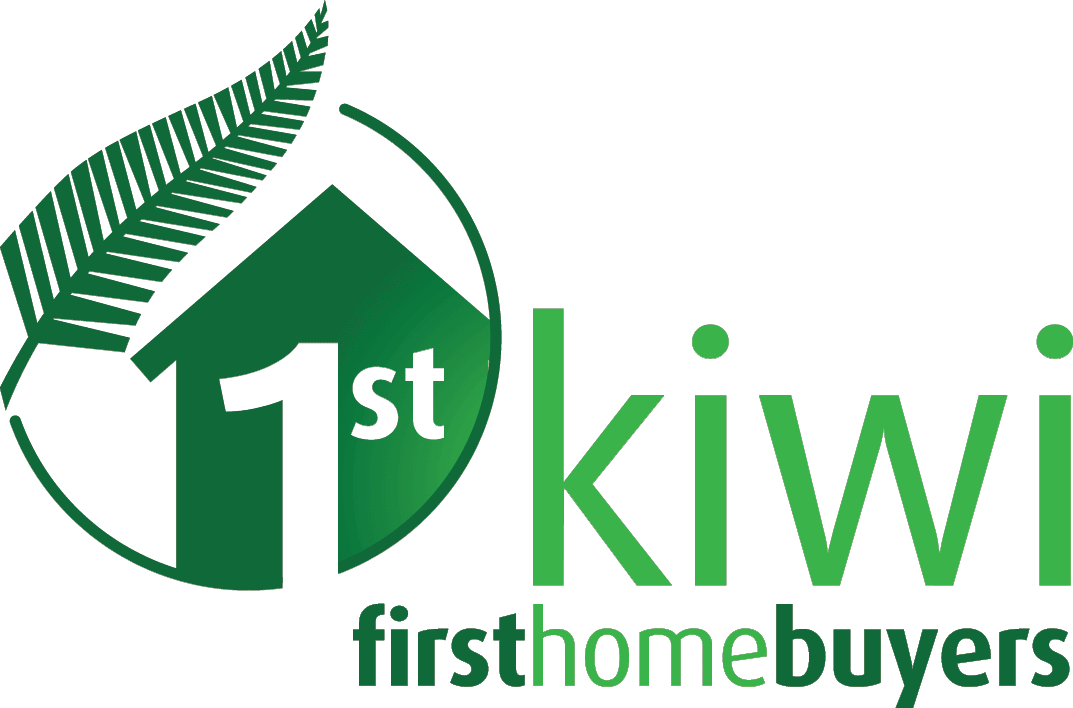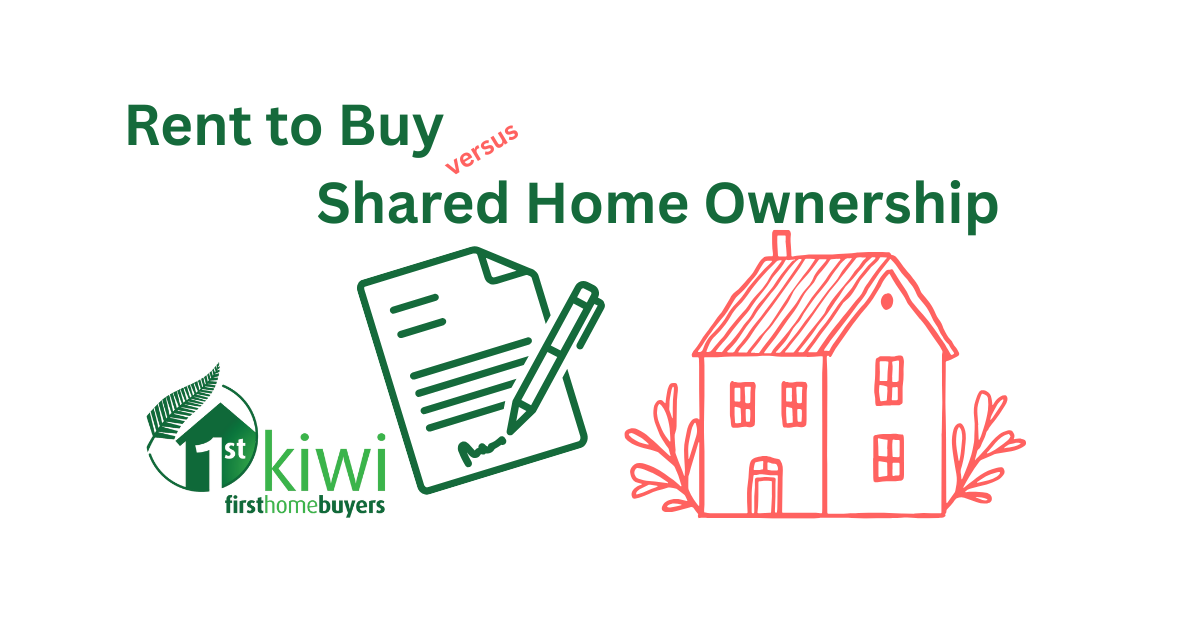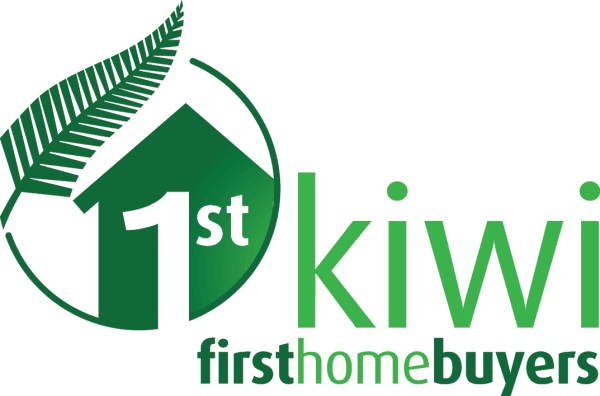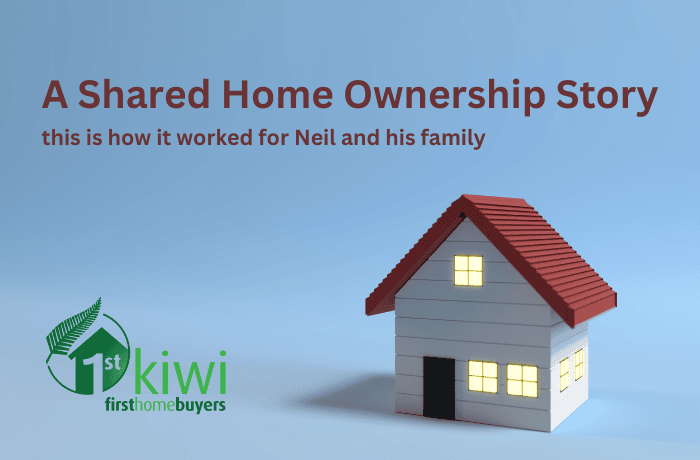You may have heard about rent to buy, but have you compared it to shared home ownership?
Shared home ownership with YouOwn offers a unique and potentially more beneficial alternative to traditional rent-to-buy arrangements.
Let’s take a closer look at why shared home ownership might be a better option, and we also address some of the problems that rent-to-buy arrangements can present.
About Rent to Buy
Rent to buy (also known as rent to own) is an agreement where a tenant rents a property for a specific period of time with the option to purchase it before the rental agreement of lease expires.
This arrangement offers a unique opportunity for individuals who may not currently have the financial means to buy a home but aspire to do so in the future.
The process typically works as follows:
The tenant and landlord agree on a purchase price for the property at the beginning of the lease term.
You need to ensure that the purchase price is realistic, and the hope is that the values will increase over the term of the rent to buy agreement, meaning your equity (deposit) grows and this makes it easier to get the mortgage when needed.
You are paying todays price, but buying using the future value.
The tenant (you) then pay the rent, which will often include an additional premium that goes towards building equity (deposit) in the property too.
This extra payment is usually non-refundable and goes towards the eventual purchase of the home, but you would lose that money if you did not or could not proceed with the purchase within the timeframe that you had agreed on.
Rent to buy agreements can vary in duration, typically ranging from one to three years.
At the end of the lease term, the tenant has the option to purchase the property, with the accumulated equity serving as extra deposit. If the tenant decides not to buy the property, they forfeit the premium paid but are not obligated to purchase the home.
You need to be very careful as a lot can happen in the next few years, and it’s not always positive. There could be something happen that is out of your control that could see you making a loss.
Why people use rent to buy schemes.
People will often use rent to buy when they are unable to get normal mortgage finance.
This gives them (you) a home to live in while also giving time to improve their credit score, save a larger deposit, or address any other financial challenges that may be hindering them from obtaining a traditional mortgage.
It can often seem like a good idea or maybe the only chance that you can see to owning your own home, but you need to consider the risks mentioned and also consider what other options there are.
About Shared Home Ownership
Unlike the rent to buy schemes, with shared home ownership you actually do purchase the home using your deposit, the extra equity from the shared home ownership partner and then the balance (typically 80%) with the lender.
The lender can be a bank or a non-bank depending on your situation.
One of the main benefits of shared home ownership with YouOwn is the shared equity model it offers.
In a the arrangement, both the homeowner (you) and YouOwn contribute towards the purchase of the property and of course the main lender is needed too and generally will look to funding 80% of the purchase price.
Shared home ownership allows you as the homeowner to build your equity in the home from day one.
This is in contrast to rent-to-buy arrangements where the tenant typically has little to no equity in the property until the final purchase is made, which can take years.
In Summary - What's Best?
Shared home ownership with YouOwn also provides greater financial flexibility compared to most of the rent-to-buy arrangements.
With YouOwn, the homeowner (you) can increase the ownership stake in the property over time, eventually leading to full ownership.
This can make homeownership more attainable for those who may not have the means to secure a traditional mortgage right now or who might struggle to save up for a large deposit.
Discuss & Learn
The best way to learn about shared home ownership is to discuss it with a mortgage adviser that has experience in the options like using a lender and YouOwn, but also who can compare to standard bank or non-bank lending options too.




